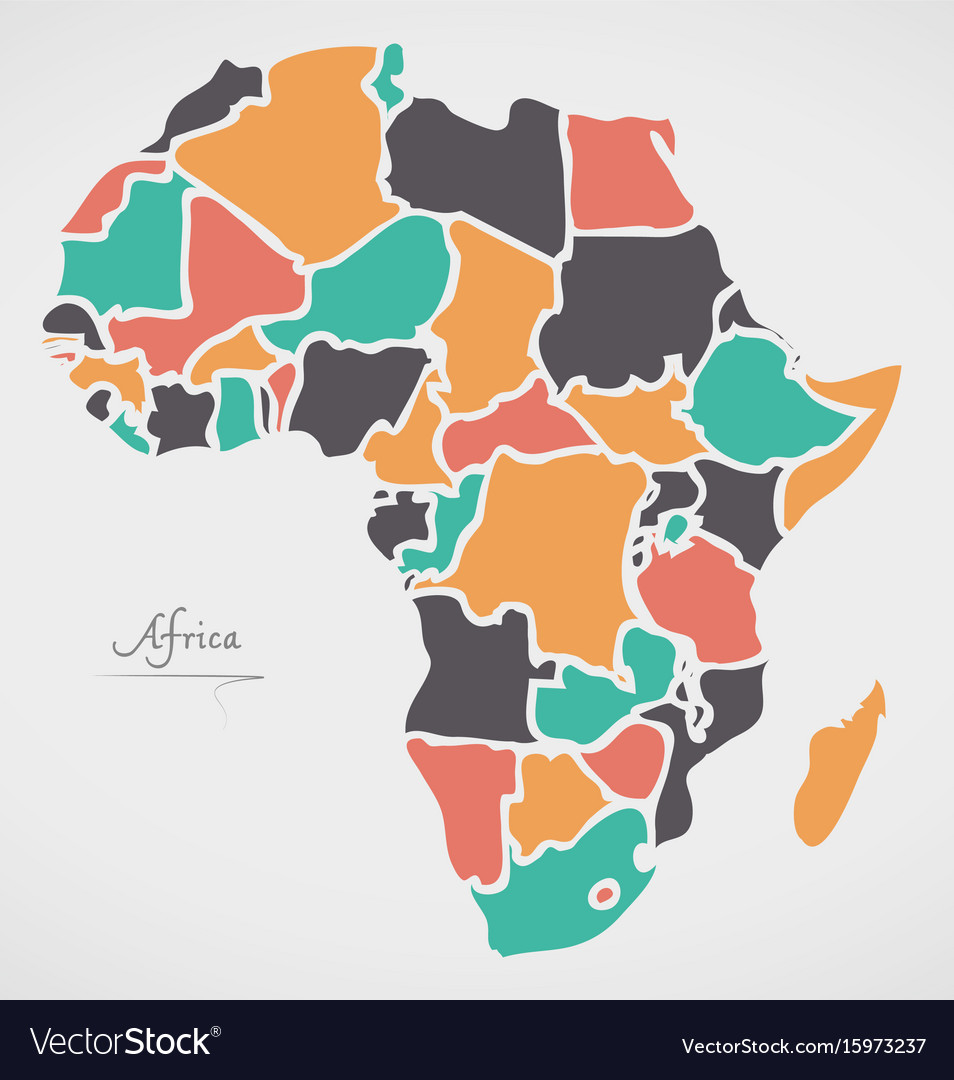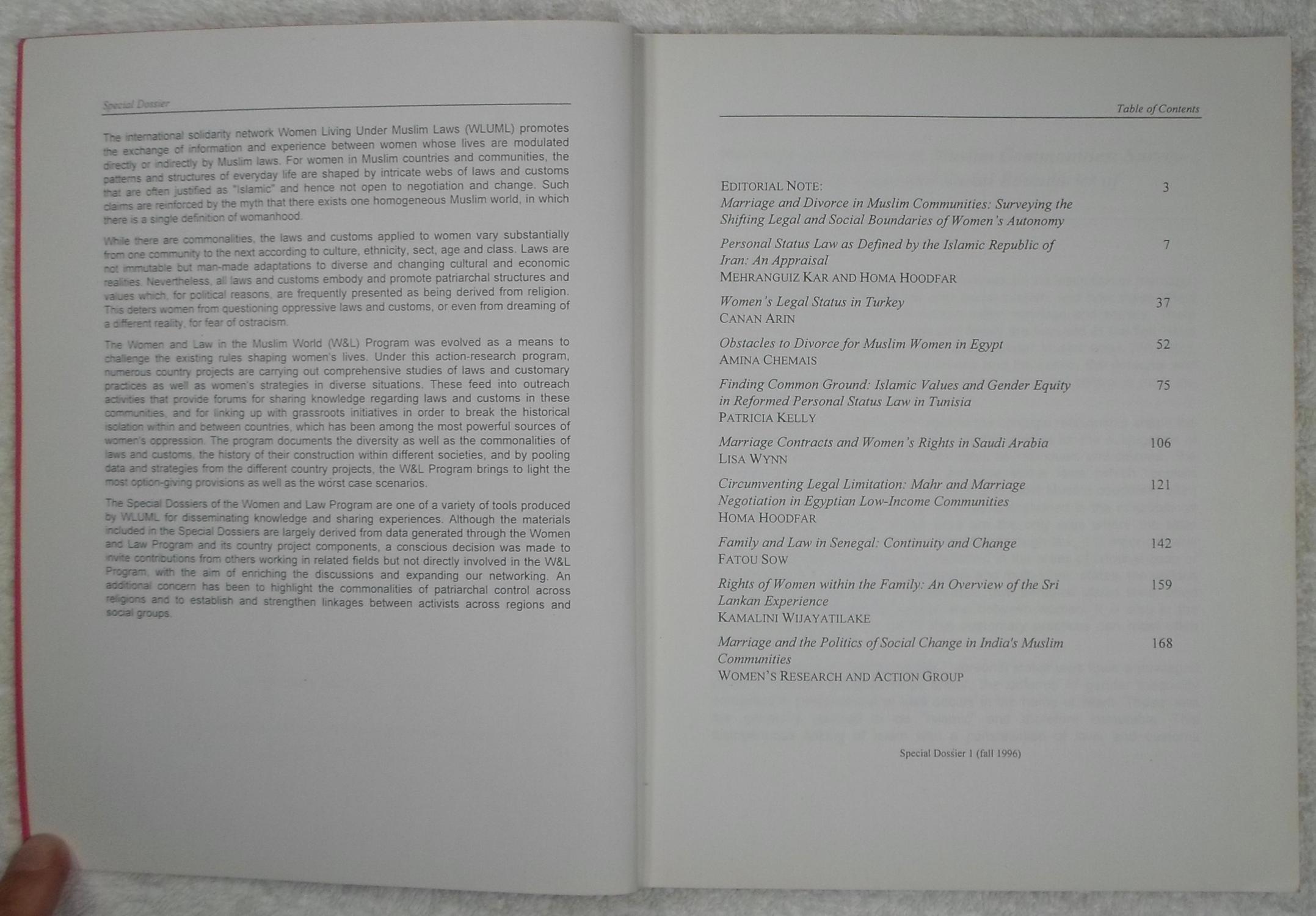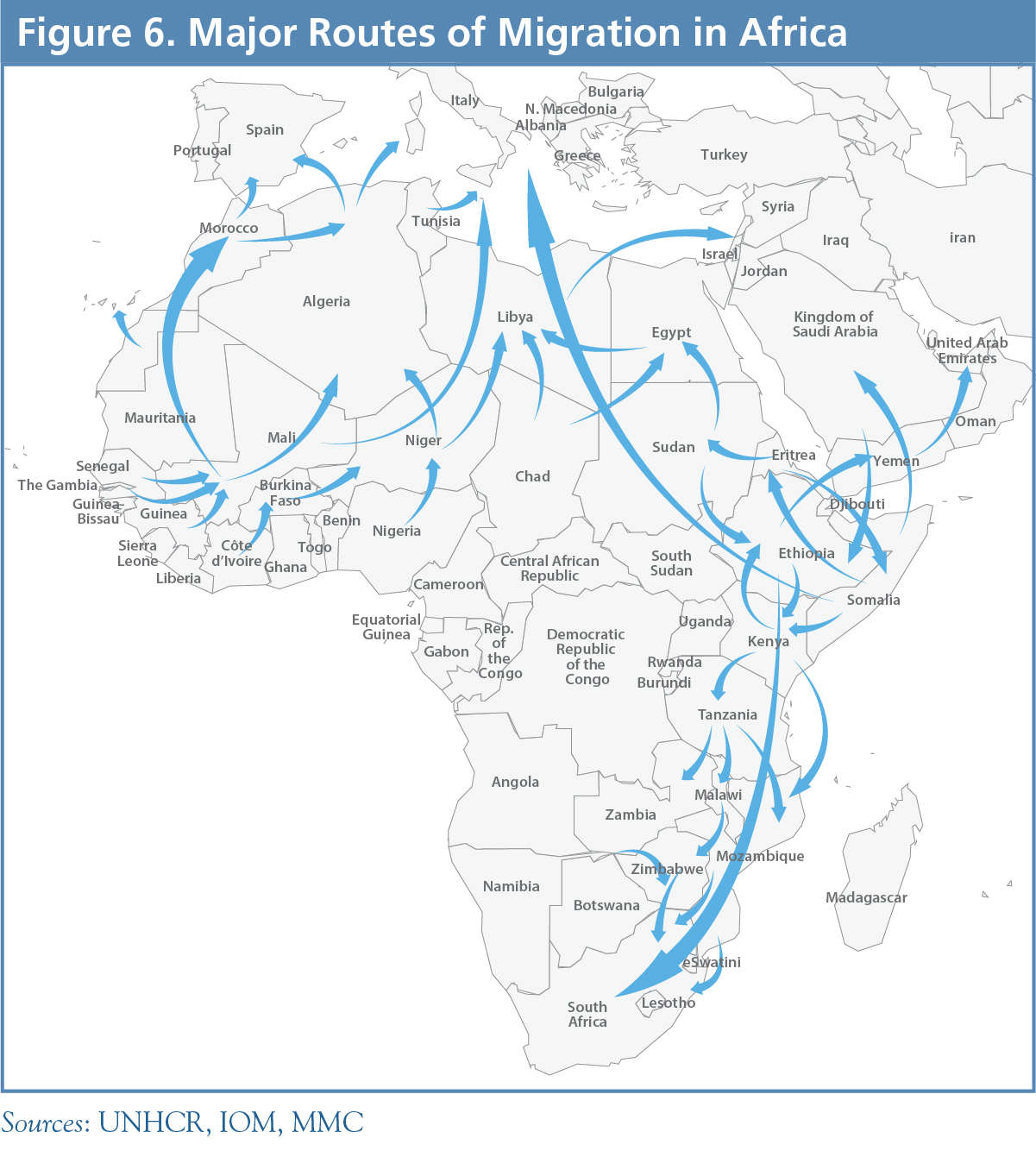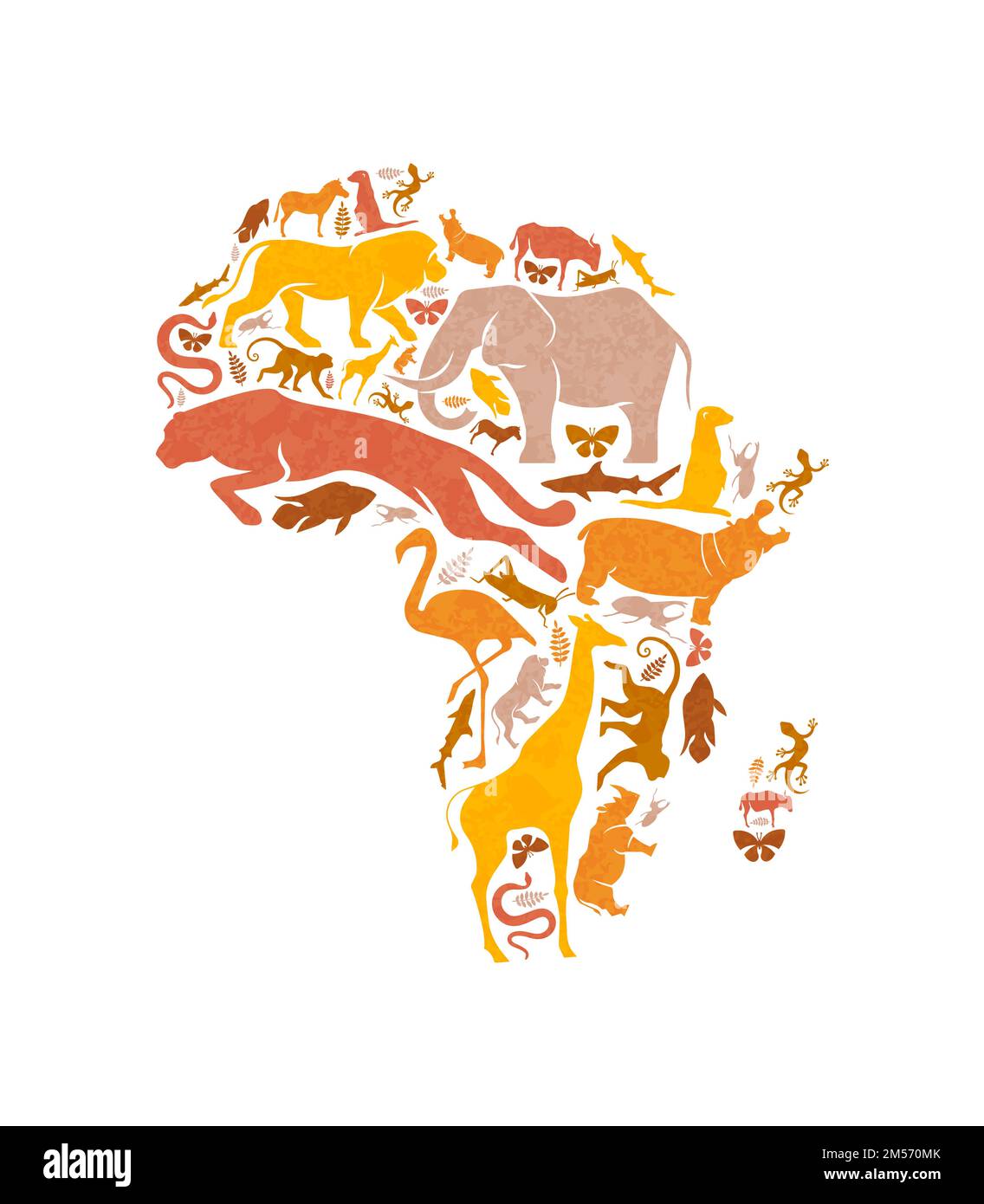Mapping Africa: A Continent of Numerous States and Shifting Boundaries
Associated Articles: Mapping Africa: A Continent of Numerous States and Shifting Boundaries
Introduction
With nice pleasure, we’ll discover the intriguing subject associated to Mapping Africa: A Continent of Numerous States and Shifting Boundaries. Let’s weave attention-grabbing info and provide contemporary views to the readers.
Desk of Content material
Mapping Africa: A Continent of Numerous States and Shifting Boundaries

Africa, the second-largest continent, boasts a wealthy tapestry of cultures, languages, and histories. Understanding its political geography, nevertheless, requires navigating a fancy panorama of states with numerous origins, usually marked by fluid borders and ongoing inside struggles. Mapping Africa’s states reveals not only a assortment of nations, however a mirrored image of colonial legacies, post-colonial struggles, and the continuing evolution of nationwide identities.
The Colonial Legacy: A Basis of Arbitrary Borders
The trendy map of Africa is basically a product of the Berlin Convention of 1884-85. European powers, with little regard for pre-existing ethnic, linguistic, or cultural boundaries, carved up the continent amongst themselves, creating synthetic states that always grouped collectively disparate communities whereas separating others with shared histories. This arbitrary division laid the groundwork for most of the political and social challenges Africa faces right this moment.
The impression of those imposed borders is profound. Many African nations are characterised by inside ethnic and non secular variety, resulting in conflicts over assets, energy, and identification. The arbitrary demarcation of borders usually resulted within the fragmentation of ethnic teams, putting parts of a single group below totally different nationwide jurisdictions, fostering tensions and hindering cross-border cooperation. Conversely, it additionally resulted within the aggregation of disparate teams inside a single state, resulting in inside battle and issue in forging a cohesive nationwide identification.
Examples of this colonial legacy are ample. The arbitrary borders of Rwanda and Burundi, for example, contributed to the devastating 1994 Rwandan genocide, as ethnic Hutu and Tutsi populations have been inconsistently distributed throughout these artificially created nations. Equally, the borders of Nigeria, a nation comprising a whole bunch of ethnic teams, have been a supply of ongoing political instability. The arbitrary nature of those borders continues to gasoline conflicts and hinder the event of sturdy, unified nationwide identities.
Put up-Colonial Nation-Constructing: Challenges and Successes
The post-colonial period noticed the emergence of quite a few unbiased African states, every grappling with the problem of nation-building within the shadow of colonial legacies. Many countries adopted centralized, usually authoritarian, techniques of presidency in an try and impose unity on numerous populations. Nonetheless, this method usually exacerbated current tensions and led to additional instability.
The success of nation-building has diverse considerably throughout the continent. Some nations, like Botswana and Mauritius, have achieved relative political stability and financial progress, demonstrating that cautious governance and inclusive insurance policies can overcome the challenges posed by colonial legacies. Others, nevertheless, have been suffering from civil wars, corruption, and weak governance, hindering their improvement and perpetuating cycles of poverty and instability.
The variety of political techniques in Africa displays this diverse expertise. Some nations have adopted democratic techniques, albeit usually with imperfections, whereas others stay below authoritarian rule. The transition to democracy has been a fancy and infrequently turbulent course of, with setbacks and reversals alongside the way in which. Components reminiscent of financial inequality, weak establishments, and the legacy of colonial authoritarianism have all contributed to the challenges confronted in establishing steady democracies.
Mapping Battle and Instability: Hotspots and Fragile States
Mapping Africa’s states additionally reveals areas of ongoing battle and instability. A number of areas have skilled extended civil wars, fueled by ethnic tensions, useful resource competitors, and weak governance. The Sahel area, for instance, is grappling with a fancy net of interconnected conflicts involving jihadist teams, ethnic militias, and state actors. The Horn of Africa has additionally witnessed recurring cycles of battle, usually linked to political instability, competitors for assets, and historic grievances.
The idea of "fragile states" is essential in understanding the challenges confronted by many African nations. These are states characterised by weak governance, restricted state capability, and a excessive threat of violent battle. Fragile states usually lack the capability to offer important providers to their residents, resulting in widespread poverty, inequality, and social unrest. The presence of huge numbers of internally displaced individuals (IDPs) and refugees additional exacerbates the challenges confronted by these states.
Mapping these fragile states reveals patterns of instability that stretch past particular person international locations. Regional instability usually spills over borders, making a domino impact that destabilizes neighboring international locations. This interconnectedness highlights the necessity for regional cooperation and worldwide help to deal with the foundation causes of battle and construct extra resilient states.
The Altering Map: Border Disputes and Regional Integration
The map of Africa will not be static. Border disputes persist in a number of areas, reflecting the enduring legacy of colonial divisions and ongoing tensions over assets and territory. Some disputes have led to armed battle, whereas others have been resolved via negotiation or worldwide arbitration. Nonetheless, the potential for future conflicts stays a big concern.
Regardless of the challenges posed by border disputes, there may be additionally a rising pattern in direction of regional integration. The African Union (AU) performs an important function in selling cooperation and resolving conflicts amongst its member states. A number of regional financial communities, such because the Financial Neighborhood of West African States (ECOWAS) and the Southern African Improvement Neighborhood (SADC), are working to facilitate commerce, enhance infrastructure, and promote regional stability.
Regional integration efforts face vital obstacles, together with infrastructural deficiencies, political disagreements, and the legacy of distrust amongst neighboring states. Nonetheless, the potential advantages of regional cooperation, together with elevated commerce, improved safety, and enhanced financial improvement, are vital. The success of regional integration initiatives might be essential in shaping the long run map of Africa and fostering a extra peaceable and affluent continent.
Conclusion: A Continent in Flux
Mapping Africa’s states reveals a fancy and dynamic political panorama. The continent’s historical past, marked by colonial legacies and post-colonial struggles, has formed its present political geography. Whereas many challenges stay, together with ongoing conflicts, fragile states, and border disputes, there may be additionally a rising momentum in direction of regional integration and the constructing of extra resilient and inclusive societies. Understanding the complexities of Africa’s political map is essential for navigating the challenges and alternatives that lie forward for this continent of immense variety and potential. The longer term map of Africa might be formed not solely by the actions of particular person states, but additionally by the collaborative efforts of regional organizations and the worldwide group to advertise peace, stability, and sustainable improvement throughout the continent. The continuing evolution of its political panorama necessitates steady statement, evaluation, and engagement to successfully perceive and contribute to its future.







Closure
Thus, we hope this text has offered helpful insights into Mapping Africa: A Continent of Numerous States and Shifting Boundaries. We hope you discover this text informative and useful. See you in our subsequent article!
